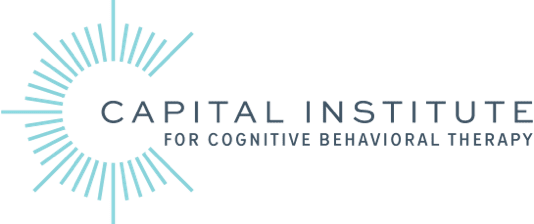We can help manage mood swings.
Bipolar disorder is a mental health condition characterized by intense mood swings, which encompass extreme emotional highs (mania or hypomania) and lows (depression). The Capital Institute boasts significant expertise in the treatment of bipolar disorder, typically employing a combination of medication and psychotherapy.
During depressive episodes, individuals often grapple with overwhelming feelings of sadness, hopelessness, and a pervasive loss of interest or pleasure in their usual activities. In contrast, during manic or hypomanic phases (less severe than full-blown mania), individuals may experience elevated moods, heightened energy levels, or unusual irritability.
These mood swings can manifest either infrequently or multiple times within a year. While most individuals may experience some emotional symptoms between these episodes, others may not encounter any such symptoms. Despite being a lifelong condition, effective management of mood swings and other symptoms is attainable through the implementation of a structured treatment plan.

A Treatment Plan Can Help
If mood swings are affecting these areas of your life, the Capital Institute can help.
- Sleep quality
- Energy
- Activity levels
- Judgment
- Behavior
- Ability to think clearly
Request Your Consultation
Ready to get started? Have questions? Click below to contact our helpful New Patient Coordinator.
Bipolar Disorder Therapy Tailored For You
Individual therapy offers you the opportunity to establish a meaningful connection with a therapist who invests the time to understand your personal history, strengths, challenges, values, and goals. Your treatment is meticulously crafted to cater to your specific needs. Whether you prefer Teletherapy or in-person consultations at our Bethesda location, we are here to provide tailored support.
- Weekly and/or multiple times a week sessions
- In-person & teletherapy services available
- Range of fees to fit your budget

PTSD
Post Traumatic Stress Disorder is a common reaction to very stressful or traumatic events.
Anxiety
Anxiety may include intense, persistent worry and fear about everyday situations.
